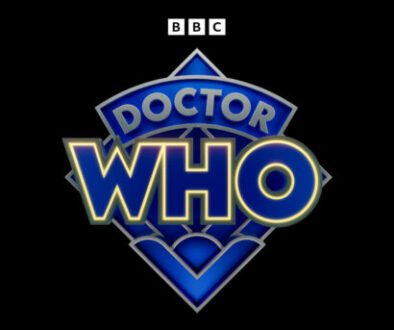2nd Opinion, Take 2 “Rogue” – A Bird-Brained Mess for Doctor Who
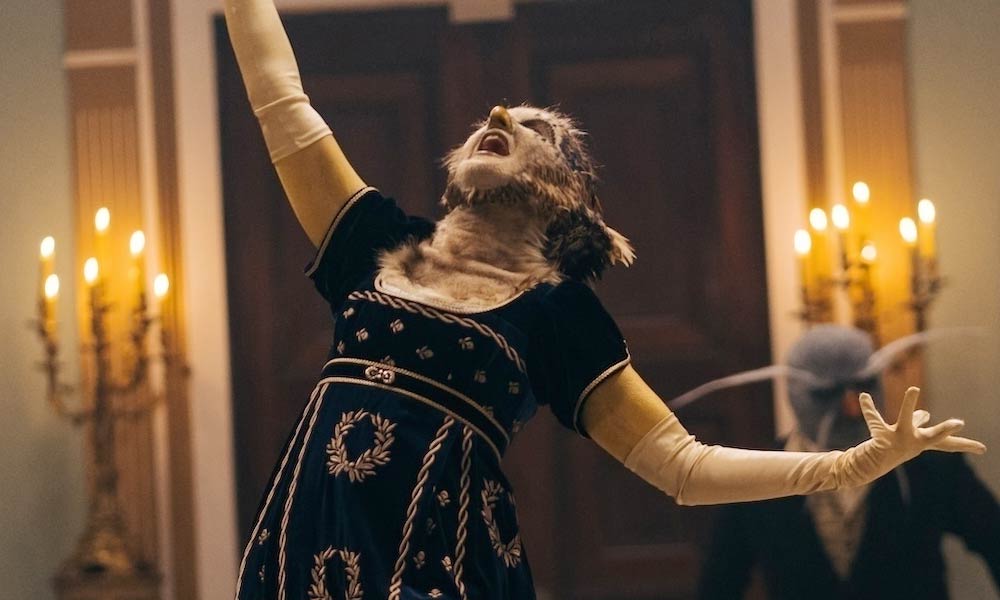
J.C. reviews the sixth episode of Series 14.
From the moment I saw the previews of “Rogue”, I had a hunch this episode wasn’t for me. A Doctor Who Black Mirror homage is one thing, but Netflix period dramas? Not my cup of tea at all. Still, I approached this Bridgerton-wannabe episode with an open mind, hoping to find some redeeming qualities. Sadly, aside from one or two moments at a push, this turned out to be my least favourite episode of Series 14. I could just end my review here, but there’s a lot more to say, so here goes…
Where to start? Well, since the bulk of the episode revolves around the Doctor and Rogue, let’s dive into that. So, the Doctor encounters a dashing, American-accented man with a shadowy past, seemingly motivated by money. Wait. That sounds familiar. Yep, Rogue is basically a slightly more subdued version of Captain Jack (although considering Jonathan Groff’s Hollywood credentials, John Barrowman’s more expensive counterpart). It makes me think: was this role originally considered for Jack before all the Barrowman controversy surfaced? Regardless, the dynamic between the Doctor and Rogue escalates rapidly, with the Doctor developing feelings for Rogue in record time.
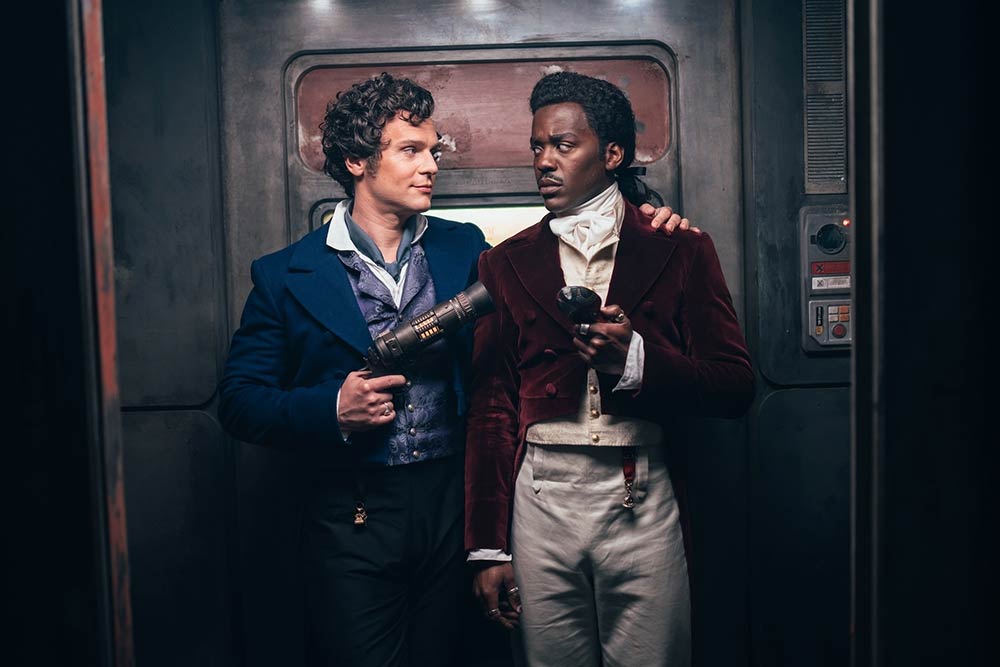
My main issue with this part of the episode is that this isn’t in-character for the Doctor at all. The Doctor has far more often than not been portrayed as a non-sexual being. For me, that element always highlighted his otherness perfectly compared to humans. Even though the Doctor has a family, we don’t know how Time Lords reproduce (and with regenerations now being gender-fluid, things are even more complicated). In the classic era between 1963-1989, the Doctor never intentionally got romantically involved with anyone, even his closest companions (the exception being when he found himself accidentally engaged in The Aztecs). This was a rule abided by the showrunners and remained consistent until the 1996 TV movie, which had the Eighth Doctor share a kiss with the female companion (in a move to appease the Fox network). Then RTD started to mess with this element more in his first era of the revival, and from then on, things got more complicated.
This doesn’t mean I’ve ever liked this angle being explored in the Doctor. I disliked the 10th Doctor and Rose’s relationship, and I wasn’t a fan of him having a wife in River Song. Even when there have been more romantic moments, there was usually an awkwardness around the Doctor, some non-sexual reason for a kiss (like a genetic transfer), or it was instigated by the other person involved. So having an entire episode where the Doctor suddenly turns this lustful—ignoring his duty of care for his companion and the people in danger to chase after someone he barely knows like a horny teenager—was never going to sit well with me. Consider, too, that not so long ago the 13th Doctor ultimately turned down Yaz’s advances after a long period of travelling with her, yet here the 15th Doctor is apparently randy for Rogue in the space of 20 minutes. The Doctor would also have a major moral conflict with a bounty hunter (not to mention Rogue held him at gunpoint and was going to kill him, no questions asked). What happened to the Doctor being smart? Why is he so (excuse the pun) bird-brained?
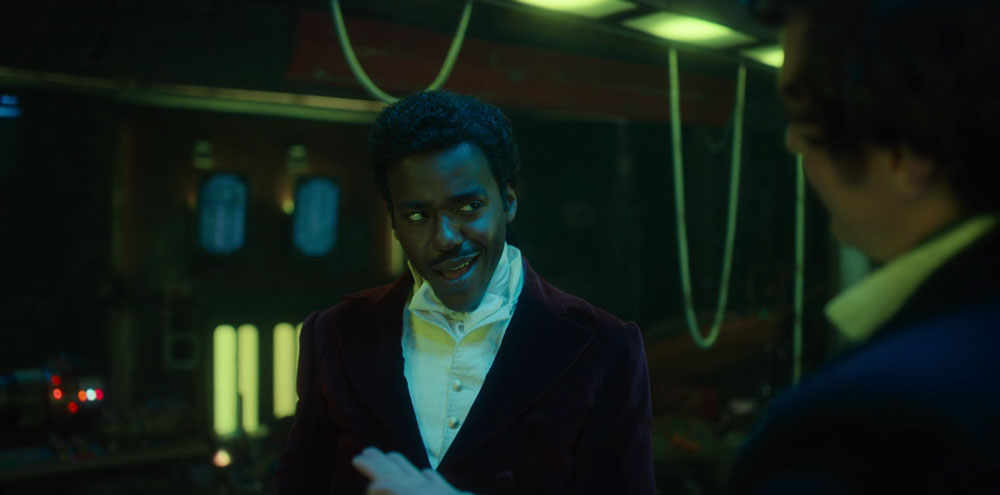
The other problem is that I did not feel Ncuti Gatwa was playing the Doctor for the majority of this episode. Instead, he was playing something more like his character Eric from Netflix’s Sex Education, or even another Captain Jack on flirt overload. It’s a shame after last week when Gatwa demonstrated he can embody the Doctor with more gravitas. It’s not entirely his fault, as he was only working with the words he was given. I’m not sure who to blame for the next thing that’s been bugging me all series though, but I’m making it an official game now: take a shot every time the 15th Doctor cries. Maybe add in every time he says “honey” and/or “babes” too as bonus rounds if you want to get really drunk.
It’s also puzzling that immediately following an episode where the Doctor experienced racism in “Dot and Bubble”, it is a non-issue in a setting where it would very much be a factor. This Regency-era England is notably diverse, with people of colour attending a high-society ball and some in positions of wealth and influence. While there were a few affluent minorities in the late 18th and early 19th centuries, such occurrences were exceptionally rare and could be counted on one hand. This depiction contrasts sharply with Russell T Davies’ first era when episodes like “The Shakespeare Code” and “Human Nature” acknowledged the stark differences of society and the discrimination of those eras. Doctor Who now finds itself in a peculiar position where the once hopeful future is portrayed as racist, while seemingly sanitizing the past.
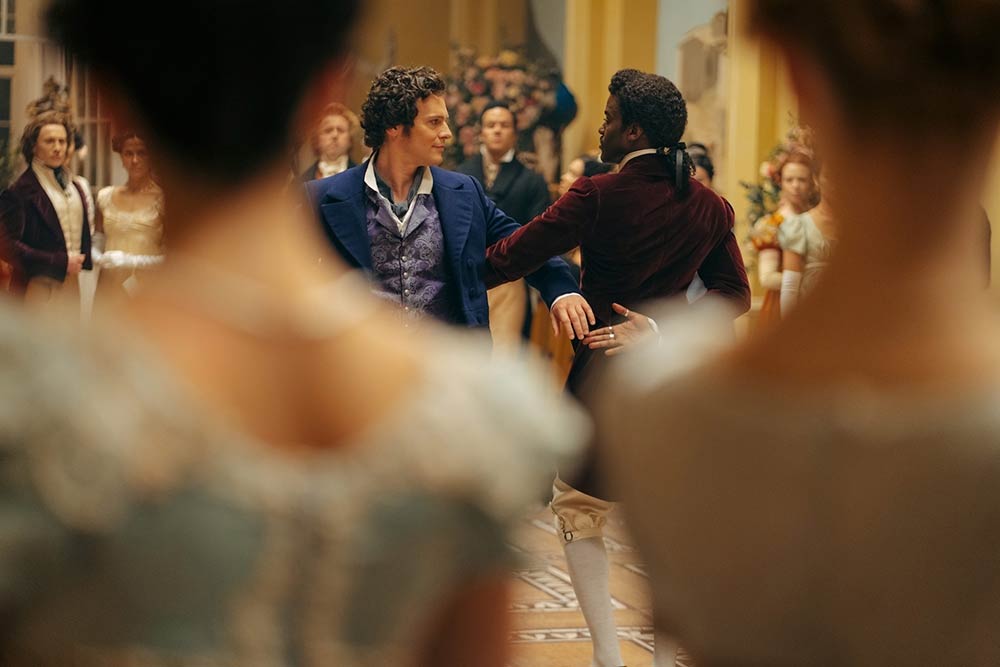
In a similar vein, a very public dance, proposal, and kiss between males in front of the aristocracy without incident is not so much stretching credulity as catapulting Doctor Who into another dimension. During the Regency era in England, homosexual behaviour was considered illegal, and those found engaging in such acts faced severe penalties. RTD’s previous gay dramas have never sugar-coated the past, so again, it’s odd coming from him (and yes, while he didn’t write this one, he still approved the script). This could all have been easily fixed by moving the setting somewhere else. Perhaps using a creative device like in “Voyage of the Damned,” where the Titanic was reimagined as a spacefaring vessel. This kind of gimmick would allow for historical elements to be present without being bound by historical accuracy. The Regency era is mere set dressing anyway and has little bearing on the plot.
Speaking of plot, well, it’s practically non-existent. The story is 80% slash fiction with a token alien threat tacked on. The bird-like monsters, the Chuldur, were particularly weak villains. In a series already lacking memorable monsters, this stands out as especially egregious. The costumes were comical, stripping any semblance of menace that the early death scenes hinted at. The plot culminates in a reveal where the species, depicted as alien cosplayers (really?), hurriedly escalate their antics to threatening Earth’s destruction. “We’re gonna cosplay this planet to death!” is up there as one of the dumbest lines in Doctor Who history. Additionally, if you’re going to use shapeshifting aliens, why not stick with the tried-and-true Zygons?
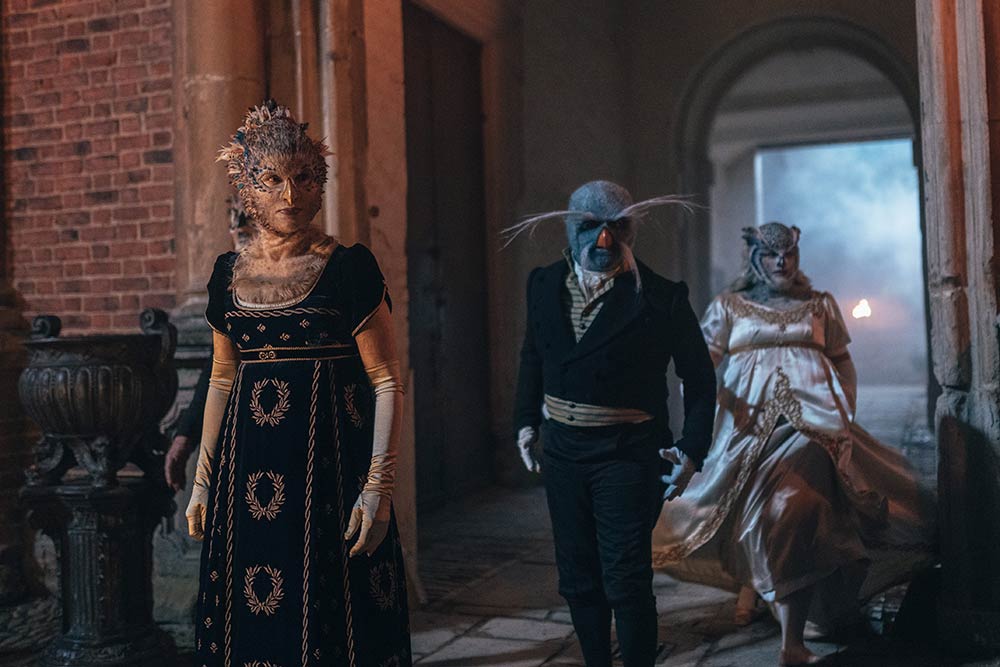
I’ve got all this way and I haven’t even mentioned Ruby. Probably because after the opening scene, Ruby gets pretty sidelined. For obvious reasons, she and the Doctor are split up for the bulk of the story, which is a shame as we haven’t really seen the pair together properly since the first half of “Boom.” With the high-stakes finale coming up, we really could’ve used some more character growth between them. I found Ruby’s initial interactions with Emily (Camilla Aiko) quite fun, but it was little more than a stock companion role for Millie Gibson to play. I didn’t buy her “death” for a second either, but I was shocked the Doctor didn’t even question it. Again, did the bi-generation kill some brain cells?
All in all, “Rogue” felt like a major misstep for Series 14. The Doctor’s uncharacteristic behaviour, threadbare plot, poorly executed monsters, and the mishandled historical setting all contributed to an episode that is a low point for Doctor Who. Hopefully the upcoming finale will make me forget it quickly.
Asides
- Yeah, apart from the birds, the episode looked lavish. But that’s kind of a given with the Disney cashflow injection.
- Indira Varma (aka Suzie Costello in Torchwood) was fine as the Duchess in a pretty small role, but was far too hammy once she revealed her true bird-self.
- The Doctor repeatedly teasing Rogue over the Kylie track went on too long. It made the Doctor look more like a bully than playful, another reason why the Doctor seemed out of character.
- Whilst we’re on the subject, Doctor Who can afford to use a Kylie track (not to mention covers of Billie Eilish and Lady Gaga), but they still scrimped on the Beatles in episode two!?
- Given they are Chuldur, why did “Emily” and “Lord Barton” act the way they did when they thought they were in private? Sure, Ruby was spying on them, but they didn’t know that. So who was that whole act for?
- So is the Shalka Doctor now canon? Or is RTD just trolling the diehards? Hard to tell these days, and weird to casually throw into an episode like this. Also, what are the implications considering the Great Intelligence was also played by Richard E. Grant?
- This was another story where the Doctor stood by whilst he cried and someone else saved the day. Not very heroic, is it?




